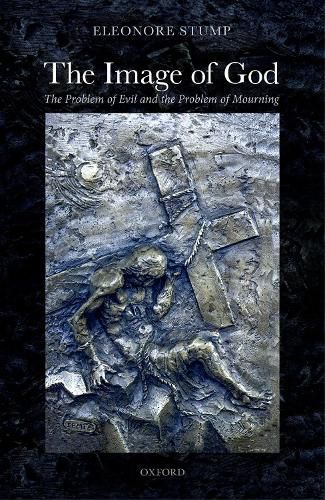Readings Newsletter
Become a Readings Member to make your shopping experience even easier.
Sign in or sign up for free!
You’re not far away from qualifying for FREE standard shipping within Australia
You’ve qualified for FREE standard shipping within Australia
The cart is loading…






The problem of evil has generated varying attempts at theodicy. To show that suffering is defeated for a sufferer, a theodicy argues that there is an outweighing benefit which could not have been gotten without the suffering. Typically, this condition has the tacit presupposition given that this is a post-Fall world. Consequently, there is a sense in which human suffering would not be shown to be defeated even if there were a successful theodicy because a theodicy typically implies that the benefit in question could have been gotten without the suffering if there had not been a Fall. There is a part of the problem of evil that would remain, then, even if there were a successful theodicy. This is the problem of mourning: even defeated suffering in the post-Fall world merits mourning. How is this warranted mourning compatible with the existence of an omniscient, omnipotent, perfectly good God? The traditional response to this problem is the felix culpa view, which maintains that the original sin was fortunate because there is an outweighing benefit to sufferers that could not be gotten in a world without suffering. The felix culpa view presupposes an object of evaluation, namely, the true self of a human being, and a standard of evaluation for human lives. This book explores these and a variety of other topics in philosophical theology in order to explain and evaluate the role of suffering in human lives.
$9.00 standard shipping within Australia
FREE standard shipping within Australia for orders over $100.00
Express & International shipping calculated at checkout
Stock availability can be subject to change without notice. We recommend calling the shop or contacting our online team to check availability of low stock items. Please see our Shopping Online page for more details.
The problem of evil has generated varying attempts at theodicy. To show that suffering is defeated for a sufferer, a theodicy argues that there is an outweighing benefit which could not have been gotten without the suffering. Typically, this condition has the tacit presupposition given that this is a post-Fall world. Consequently, there is a sense in which human suffering would not be shown to be defeated even if there were a successful theodicy because a theodicy typically implies that the benefit in question could have been gotten without the suffering if there had not been a Fall. There is a part of the problem of evil that would remain, then, even if there were a successful theodicy. This is the problem of mourning: even defeated suffering in the post-Fall world merits mourning. How is this warranted mourning compatible with the existence of an omniscient, omnipotent, perfectly good God? The traditional response to this problem is the felix culpa view, which maintains that the original sin was fortunate because there is an outweighing benefit to sufferers that could not be gotten in a world without suffering. The felix culpa view presupposes an object of evaluation, namely, the true self of a human being, and a standard of evaluation for human lives. This book explores these and a variety of other topics in philosophical theology in order to explain and evaluate the role of suffering in human lives.